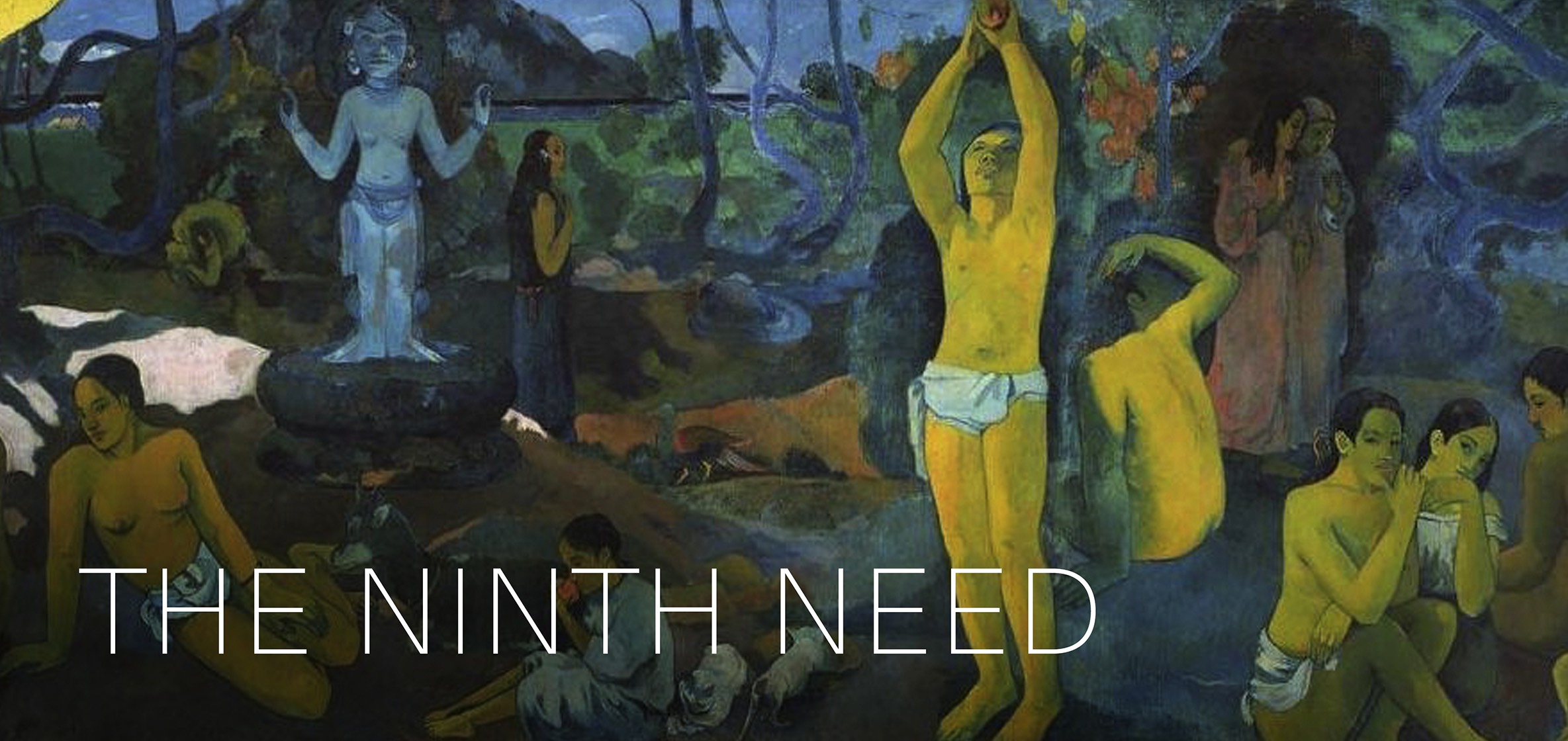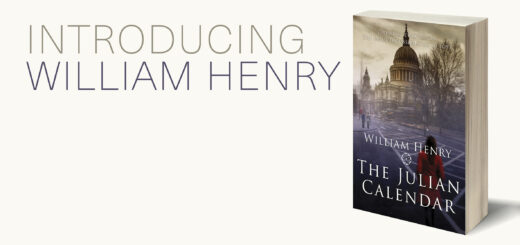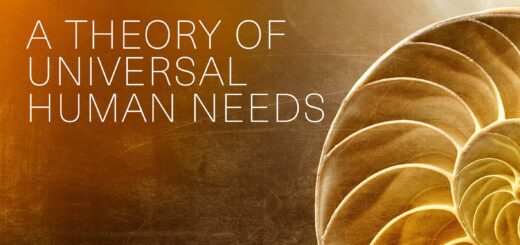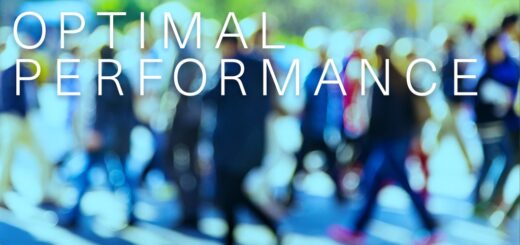The ninth need

In addition to the eight needs in my theory of universal human needs, I believe we also share an over-arching ninth need: the need to understand who we are, why we exist, how we are connected to each other, and what is unique and special about being human. I equate this need to such concepts as spirituality, faith, religiosity, and ontology.
I assume this ninth need is what has driven me to seek an understanding of our other universal needs, and is what has driven you to seek the kind of information you have found on this web page. But I don’t think this need is one we ever want to fully satisfy, because we need questions, and mystery, and faith.
So what has my quest for ontological answers told me about human life, so far?
It has reminded me that I am a human before I am an individual, that I am connected to all humans, and that we are one species.
It has lessened the store I place in what can be easily observed: disparate actions, good and bad, performed by humans who speak different (sometimes disparate) languages, who have differently shaped and coloured bodies, who eat differently prepared foods, who wear differently styled clothes, who play different sports, who follow different faiths, who live by different laws, who live in different physical environments, and whose societies are organised differently.
It has increased my interest in what takes a little more effort to observe: the common needs and motivations that compel us to do the things we do.
It has led me to conclude, as I have long suspected, that despite our superficial differences, we really are all gloriously similar; that we are, unequivocally, on the same team.
And what do I think is most special about humans?
I think our specialness is an exciting (and often frustrating) combination of three qualities. The first is our unmatched cognitive abilities. The second is all that we are able to do with them, good and bad. And the third is our persistently abstract predisposition to do good: to use those unique skills to help each other for the benefit of other members—living and yet to be born—of our species.
What an incredible situation! We are designed for one specific task—to survive forever—and to achieve this goal we have been endowed with a unique set of needs and skills which, like the components of a car, only function to their fullest potential when used in a particular manner. But unlike the components of a car, ours function however they are used: we have, in short, been given the ability to do the complete opposite of our ultimate goal—and everything in between. Imagine creating an ‘intelligent’ car that could choose to destroy all roads?
Not surprisingly, then, I used to worry that we would just blow each other up and that would be our lot. Now I am just fascinated to be part of this unguaranteed life. I adore nature and I am wary of my fellow humans, but there is so much evidence of our will to survive and flourish and collaborate and invent that my faith in humanity is stronger than ever.
Just look around you, the evidence of why we are special is everywhere—on sports fields, on the tops of mountains, in galleries and concert halls, in hospitals, in schools, at airports, at desalination plants, in our simple and not-so-simple homes. Sure, we have done and continue to do terrible things, too. But these actions do not define us: if they did, none of us would be here for we would have long ago self-destructed. No, we are defined by our shared instinct to survive and by our unique instinct to better our situation and to look out for each other, so that we can go on surviving.
So is this it? Do we just continue muddling along forever, our positive traits always just managing to supersede our negative ones?
No, we can’t. In both types of need (survival and betterment) we face huge interconnected challenges. The key issue is our environment: we have only got one and we are ruining it. Of course, we are not the only generation to degrade our environment, but we are the worst, and the problem is escalating with our population and our taste for producing and consuming things we don’t need and can’t or won’t recycle.
I was fortunate enough to visit China recently and two things struck me: the superb quality of the people and the abysmal quality of their environment. Well-meaning Chinese, in their hunger to ‘get ahead’, Western-style, will rapidly reduce the ability of their environment to support their existence. Air quality, soil quality, and erosion were all obvious, visible problems.
Right now is a crucial period in human history (whatever your beliefs are about the length of that history). Many of us are in the throws of experimenting with just how much we can do, which is part of our makeup and nothing to be ashamed of. But our ability to use up the finite resources of our one and only environment (it’s called planet Earth) means that we need to progress to the next stage of our development pretty quickly.
The pursuit of ‘more’ is part of who we are, but only a part and, for that reason, it will never satisfy us. So let’s move on. Development is a double-edged sword. Those of us living in wealthy countries are lucky to be the ones enjoying the benefits of development, but we are unlucky to be the ones who have to learn the hard way that enough is enough. Buying motorized scooters for kids, just to pick one example, seems like a cool idea—’gain some respect’—but it probably isn’t. Think gas, obesity, envy.
But I sense we are wising up, slowly. We just need to get wise sooner rather than later, before we use up too many resources and make too many people feel like there isn’t going to be room for them in what we are wrongfully treating as our world.
And how do we get wise quickly?
My guess is that we need to first understand who we are (members of one species with a common goal of survival) and why our actions are so diverse, so that we can then utilize our incredible talents to better appreciate the variety of our needs-motivated actions, while steadily bettering their quality. In other words, let’s remind ourselves of the simple goal (survival) so that we can better direct our technologically-super-powered energy and effort on achieving it.
And to expedite this required understanding, I humbly offer my 75-word theory of universal human needs, a kind of datum point for us all to work from. It is simple because our needs are simple, universal, and primal—just like our goal. And it is brief because in our frenetically busy and noisy world, it needs to be.
The ninth need features on the nautilus diagram version of my human needs theory.
Closely-related articles: A theory of universal human needs, Cinema unanimity


